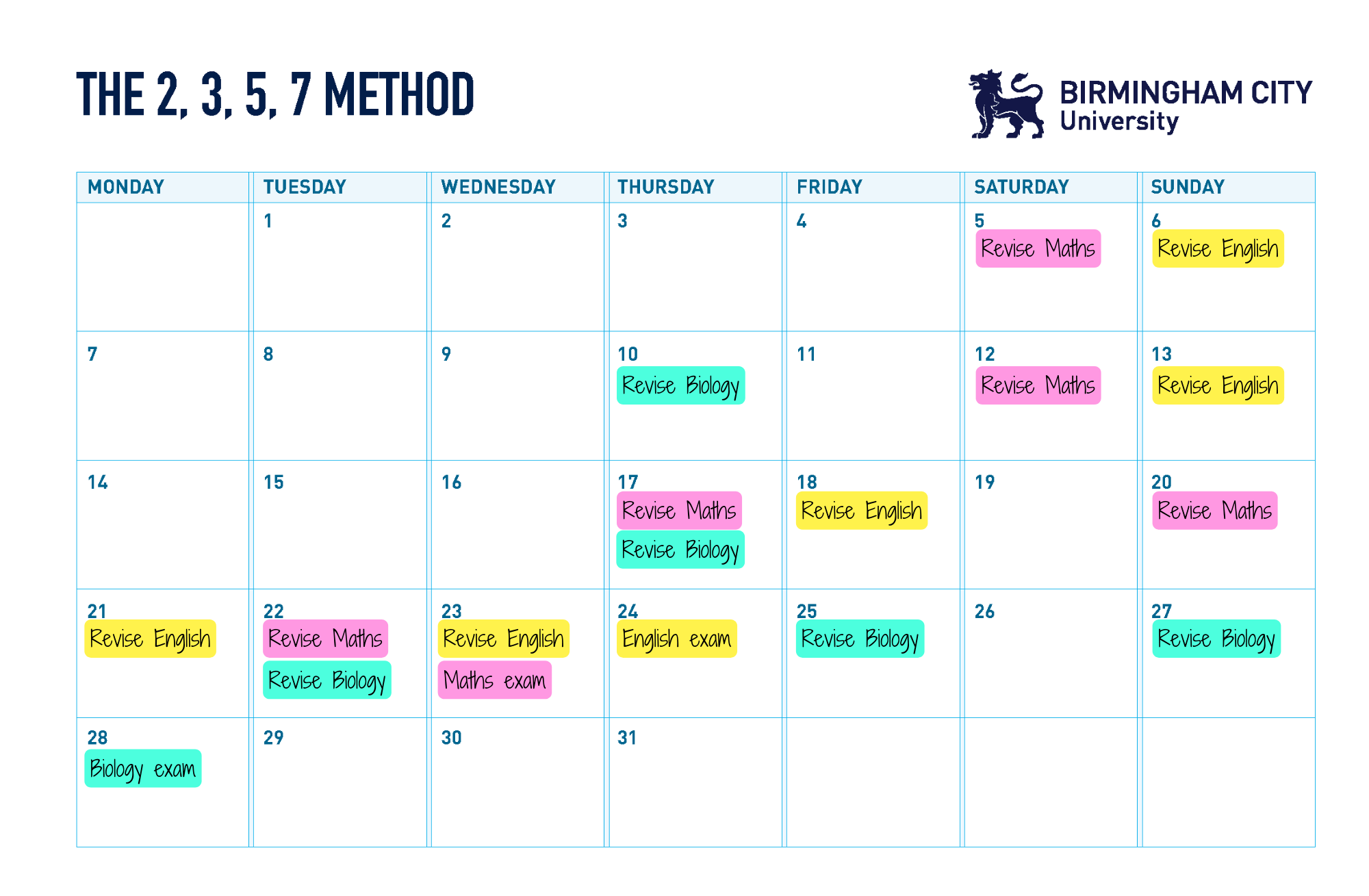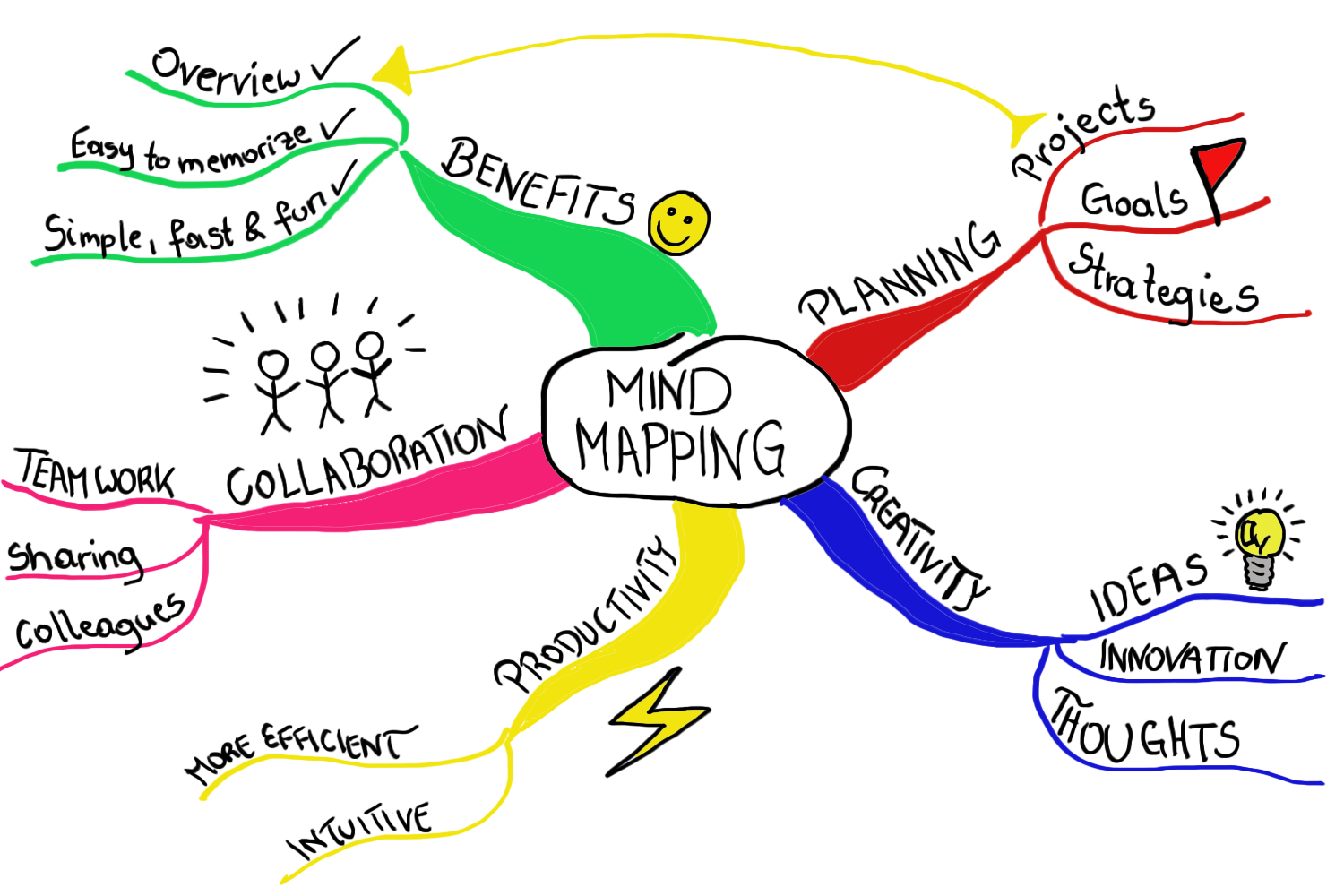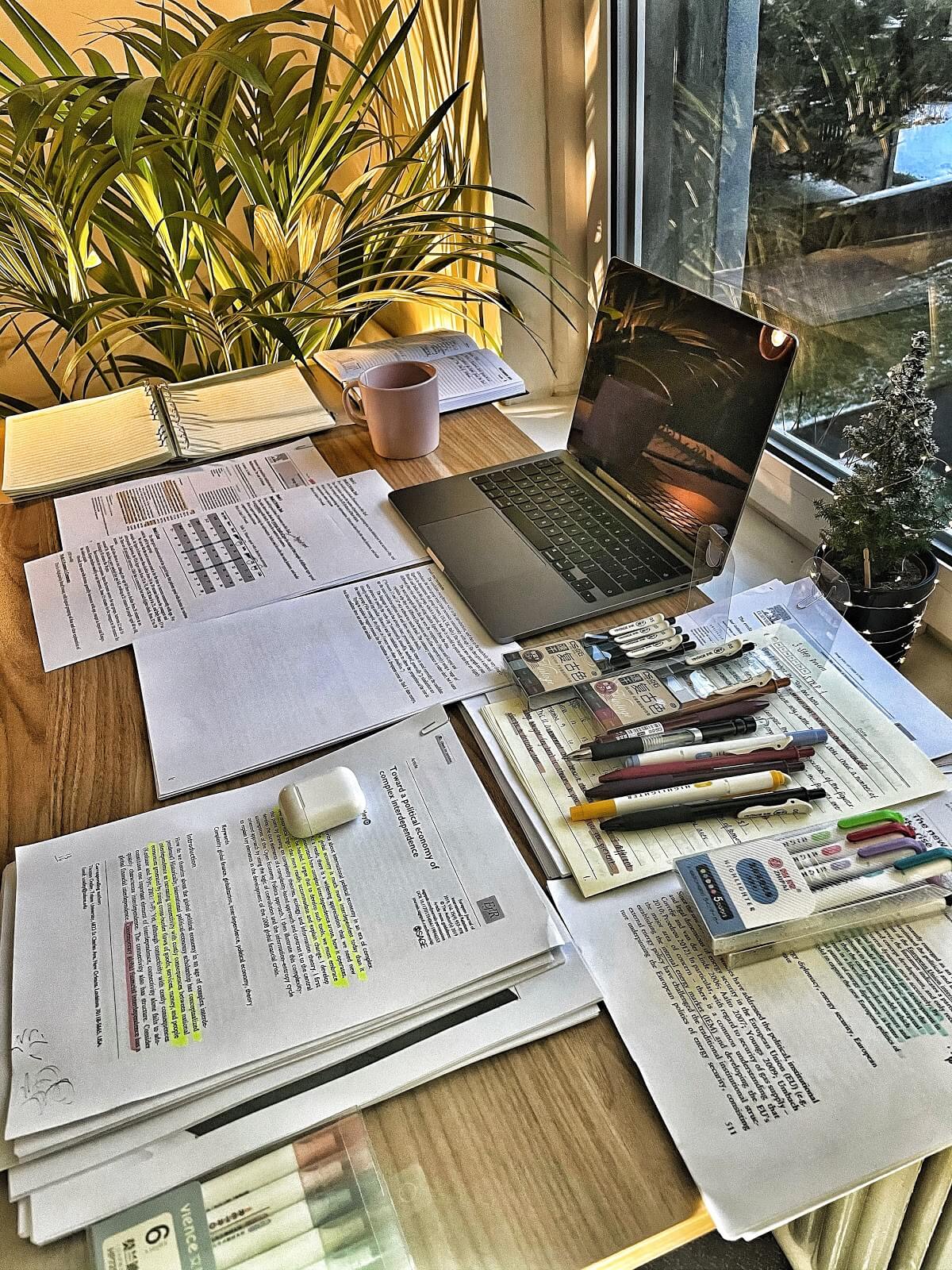1. Introduction: Why Effective Studying Matters
Many students believe that longer study hours equal better results, but this is far from true. Effective studying isn’t about working harder; it’s about working smarter. Implementing proven strategies helps learners retain information better, reduce stress, and maximize productivity.
---
2. Proven Study Techniques
Active Recall
What It Is: Testing yourself on the material instead of simply re-reading or highlighting.
Why It Works: Forces the brain to retrieve information, strengthening memory pathways.
How to Use It: After reading a chapter, close the book and write down everything you remember. Use flashcards to quiz yourself on key terms.

Spaced Repetition
What It Is: Spreading out study sessions over time, revisiting material at increasing intervals.
Why It Works: Prevents forgetting by reinforcing memories before they fade.
How to Use It: Use apps like Anki or create a schedule that revisits topics weekly, then bi-weekly, and monthly.

The Pomodoro Technique
What It Is: A time management method where work is broken into 25-minute focus periods followed by 5-minute breaks.
Why It Works: Keeps the mind fresh and prevents burnout.
How to Use It: Set a timer, work on a task for 25 minutes, and then reward yourself with a short break. After four cycles, take a longer 15-30 minute break.
Mind Mapping
What It Is: Visualizing information in a connected, non-linear format.
Why It Works: Helps see the big picture and establish relationships between concepts.
How to Use It: Write a central idea in the middle of the page and branch out with related topics and subtopics.

---
3. Creating the Ideal Study Environment
Minimize Distractions
Tip: Turn off phone notifications and designate a quiet, clutter-free space for studying.
Technology Tip: Use website blockers like “StayFocusd” to avoid distracting sites during study sessions.
Lighting and Ergonomics
Tip: Ensure the room is well-lit, preferably with natural light. Use a chair that supports good posture to prevent back pain during long sessions.

---
4. Importance of Lifestyle Habits
Diet and Nutrition
Brain Foods: Omega-3-rich foods (e.g., salmon, walnuts), blueberries, and green leafy vegetables are excellent for cognitive health.
Tip: Stay hydrated and avoid heavy meals before studying, as they can cause drowsiness.
Sleep
Why It Matters: Sleep consolidates learning and improves focus.
Tip: Avoid all-nighters. Aim for 7-9 hours of quality sleep each night.

---
5. Leveraging Technology
Apps and Tools
Flashcards: Use Anki or Quizlet for active recall.
Focus Tools: Apps like Forest or Focus@Will can help maintain concentration.
Note-Taking: Digital tools like Notion or OneNote allow for organized, searchable notes.
Online Resources
Platforms like Khan Academy, Coursera, or EdX provide supplementary learning resources.
---
6. Adapting Strategies to Your Needs
Not every method works for everyone. Experiment with various techniques and tailor them to your preferences. For instance, auditory learners may benefit from listening to recorded lectures, while visual learners may thrive using charts and diagrams.
---


You must be logged in to post a comment.